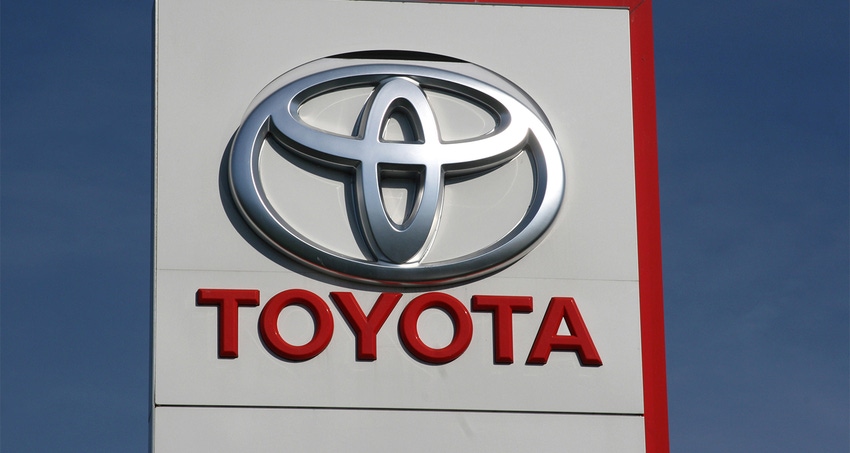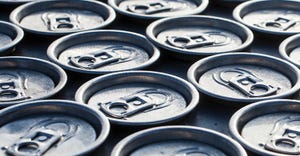Argonne, Toyota Collaborate on Battery Recycling Process
May 2, 2024

LEMONT, Ill. --The U.S. Department of Energy’s (DOE) Argonne National Laboratory has recently launched a collaboration with Toyota Motor North America that could reduce the nation’s reliance on foreign sources of battery materials.
Argonne, Toyota Research Institute of North America, and Toyota’s Battery Lifecycle Solutions group are exploring an innovative approach to recycling battery components. If successful, this effort can make domestic battery supply chains more robust and circular. That in turn can enable rapid deployment of electric vehicles (EVs) in the U.S.
In most battery recycling today, the chemical structure of end-of-life battery components is broken down into the raw materials used in manufacturing. Unlike this traditional approach, a technique called direct recycling carefully extracts components from spent batteries. The components’ original structure is retained. If done well, manufacturers can re-use the components, reducing costs and waste.
Argonne and Toyota Motor North America have signed a Cooperative Research and Development Agreement to develop a direct recycling process for cathodes (positive electrodes) in lithium-ion batteries, which are prevalent in EVs. In particular, the team is looking at cathodes made of nickel, manganese and cobalt.
The collaboration is taking advantage of an effective, patent-pending direct recycling process developed by the Argonne-based ReCell Center. The process uses a magnet to separate cathodes and anodes (negative electrodes) from batteries.
Toyota is providing Argonne with Toyota plug-in hybrid EV batteries. Argonne researchers will apply ReCell’s direct recycling process to Toyota’s battery cells, extracting and regenerating the cathode material. The team will test various aspects of the cathodes’ performance in coin cells.
If the cells perform well, Argonne will scale up the process, build larger pouch cells from the extracted cathodes, and test the cells’ performance. In parallel, Toyota will use its own research facilities to build and test cells.
The team will compare the performance of the recycled cathodes with the performance of new, pristine cathodes. The team will also use Argonne’s EverBatt model to evaluate the costs and environmental effects of applying the direct recycling process to Toyota’s batteries.
“Our goal is to prove that the process can make high-performing cathodes cost-effectively while reducing energy use and emissions,” said Argonne Principal Materials Scientist Albert Lipson. “If we’re successful, EV and battery manufacturers can potentially commercialize the process.”
The research project is part of the ReCell Center, which is supported by DOE’s Vehicle Technologies Office.
You May Also Like


